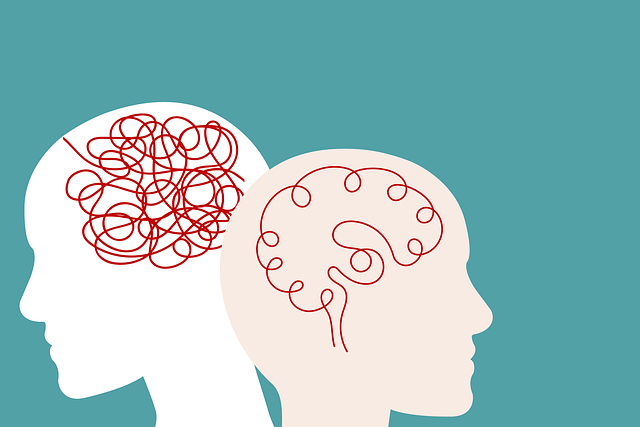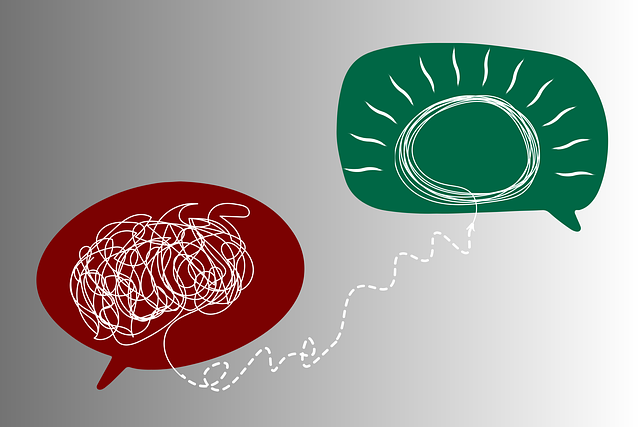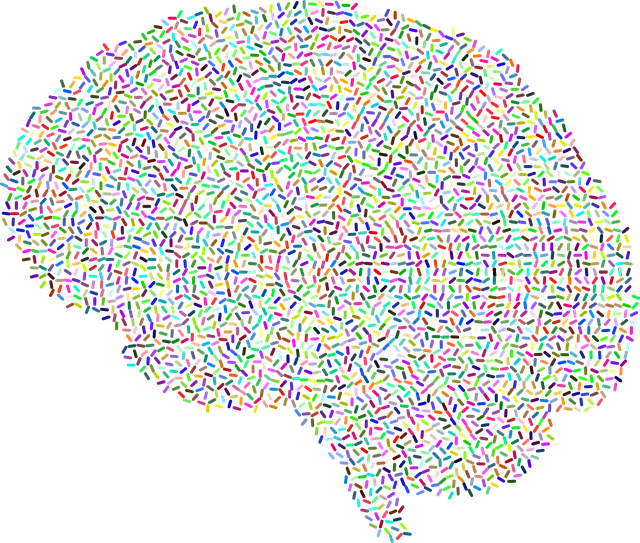Mental wellness is vital for navigating life's challenges, encompassing emotional, psychological, and social well-being. Compromised mental health can hinder daily routines and interactions. Parker ADD-ADHD Evaluations Therapy highlights that conditions like ADD/ADHD impact focus, attention, and impulse control, making everyday tasks difficult. Positive thinking through mental wellness journaling exercises, facilitated by Parker's evaluations and therapy, offers a transformative solution. Journaling enhances self-awareness, allows individuals to gain insights into thoughts and behaviors, develop coping skills for impulsivity and improved focus, and prevent burnout. Structured journaling routines using physical notebooks or digital apps with customizable reminders can significantly boost mental wellness, with consistency being key. Reflecting on goals and content while journaling enables personal growth and tracking progress.
Unwind and reconnect with yourself through the transformative power of mental wellness journaling. In today’s fast-paced world, prioritizing our psychological health is paramount. This article guides you on a journey towards enhanced well-being with a focus on structured journaling routines.
We’ll explore how chronicling your thoughts can significantly impact daily life, especially for those managing ADD/ADHD, as evidenced by Parker evaluations and therapy practices. Get ready to discover a simple yet powerful tool for self-care.
- Understanding Mental Wellness and its Impact on Daily Life
- The Power of Journaling as a Therapeutic Tool for ADD/ADHD
- Creating a Structured Journaling Routine: A Step-by-Step Guide
Understanding Mental Wellness and its Impact on Daily Life

Understanding mental wellness is paramount to navigating life’s challenges effectively. It encompasses our emotional, psychological, and social well-being, influencing how we think, feel, and act in various situations. When mental wellness is compromised, it can lead to significant disruptions in daily routines and interactions. Conditions like ADD/ADHD, which often require evaluations and therapy, are part of this spectrum. These conditions can impact focus, attention, and impulse control, making day-to-day tasks more challenging.
However, cultivating positive thinking through mental wellness journaling exercise guidance can be transformative. Journaling allows individuals to introspect, process emotions, and track progress in managing symptoms. By jotting down thoughts and experiences, one can identify patterns, gain clarity, and develop strategies for burnout prevention. This practice empowers individuals to take charge of their mental health, fostering resilience and enhancing overall well-being.
The Power of Journaling as a Therapeutic Tool for ADD/ADHD

Journaling has emerged as a powerful therapeutic tool for individuals with Attention Deficit Hyperactivity Disorder (ADHD) or Attention Deficit Disorder (ADD), offering a unique and effective way to navigate the challenges they face daily. Through Parker ADD-ADHD evaluations and therapy, professionals recognize the benefits of self-expression in managing symptoms and improving overall mental wellness.
This practice allows for enhanced self-awareness exercises, helping individuals gain insight into their thoughts and behaviors. By documenting experiences, emotions, and tasks, individuals with ADHD/ADD can develop essential coping skills to manage impulsivity, improve focus, and reduce burnout prevention. It provides a safe space to explore and process complex feelings, fostering personal growth and better understanding of one’s unique mind.
Creating a Structured Journaling Routine: A Step-by-Step Guide

Creating a structured journaling routine can significantly enhance mental wellness, especially for individuals navigating ADD/ADHD and seeking therapy. Here’s a step-by-step guide to get started:
1. Choose Your Journaling Platform: Select a journal that feels comfortable and supportive. This could be a physical notebook or a digital app tailored to journaling, like those designed for mental health tracking. For individuals with ADD/ADHD, apps offering customizable reminders can be particularly helpful.
2. Set Consistent Time Slots: Consistency is key. Whether it’s every morning, evening, or before bed, dedicate a set time each day to journal. Parker ADD-ADHD Evaluations Therapy emphasizes the importance of routine; a regular journaling practice can become an integral part of managing symptoms and improving self-esteem.
3. Define Your Journaling Purpose: Before you begin, reflect on your goals. Are you aiming for better mental health education programs design? Or do you want to track moods, thoughts, or experiences to foster self-awareness? This clarity will guide the type of content you include in your journal.
4. Create a Template (Optional): A structured template can make journaling easier and less daunting. You might include sections for mood tracking, gratitude lists, reflections on therapy sessions, or any topics relevant to your mental health journey. Some apps offer pre-designed templates specifically tailored to different therapeutic practices.
5. Write Freely: Allow yourself to write without edit or censor. Journaling is a safe space to express thoughts and emotions honestly. This free-writing phase can unlock insights and patterns that contribute to self-discovery and improved mental health.
6. Reflect and Review: After writing, take time to reflect on your entries. Notice any recurring themes or trends in your thoughts and moods. This process encourages self-awareness and offers valuable data for tracking progress, especially when considering participation in public awareness campaigns development focused on mental health.
Mental wellness journaling can be a transformative practice, offering individuals, especially those navigating ADHD and its associated challenges, a powerful tool for self-discovery and growth. By combining the benefits of structured reflection with evidence-based therapeutic techniques, such as Parker ADD-ADHD evaluations and therapy, people can gain valuable insights into their mental health and develop effective coping strategies. This simple yet profound activity empowers individuals to take charge of their well-being, fostering a deeper understanding of themselves and leading to improved daily functioning. Embrace the journey of self-care and unlock your potential through the consistent act of journaling.








